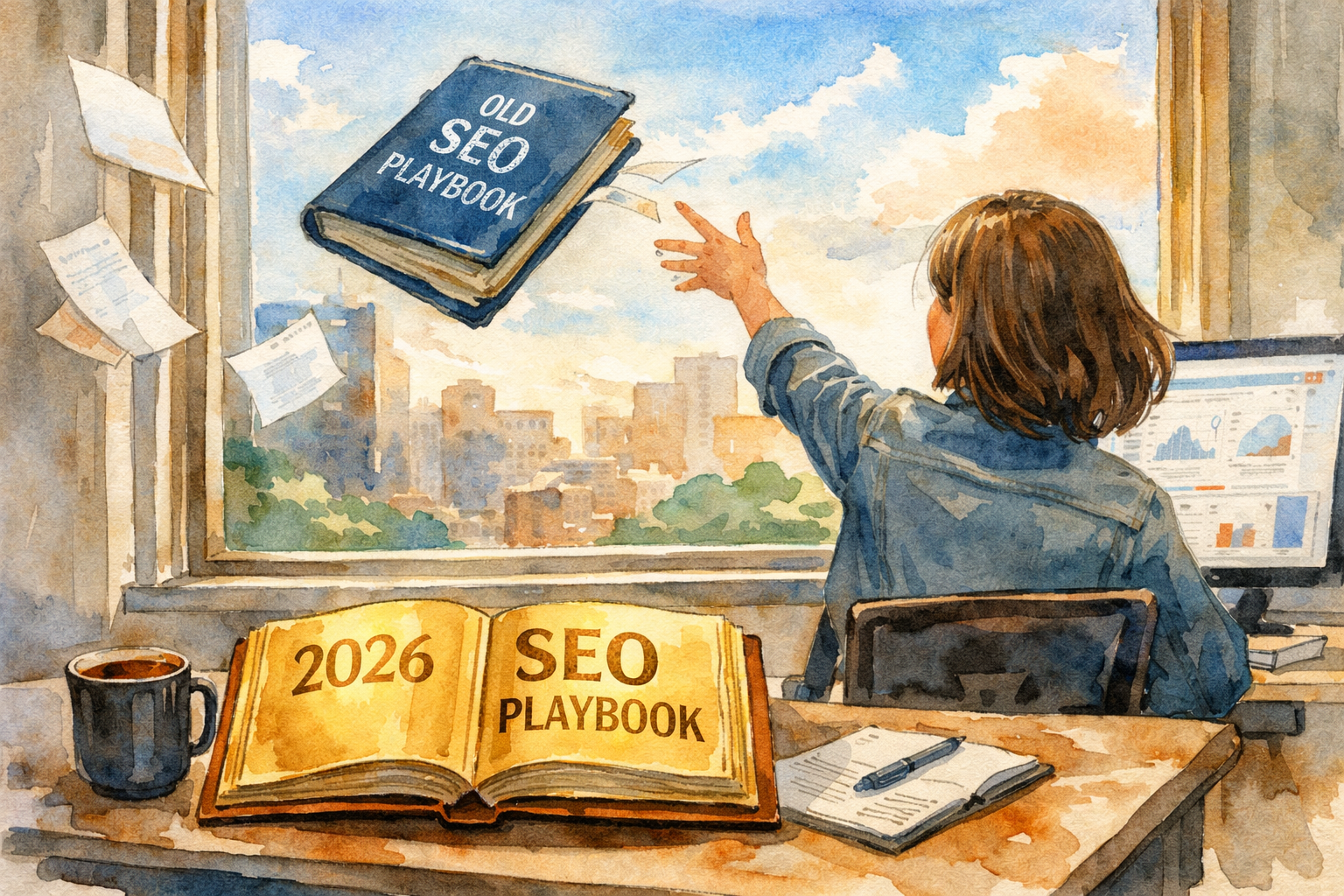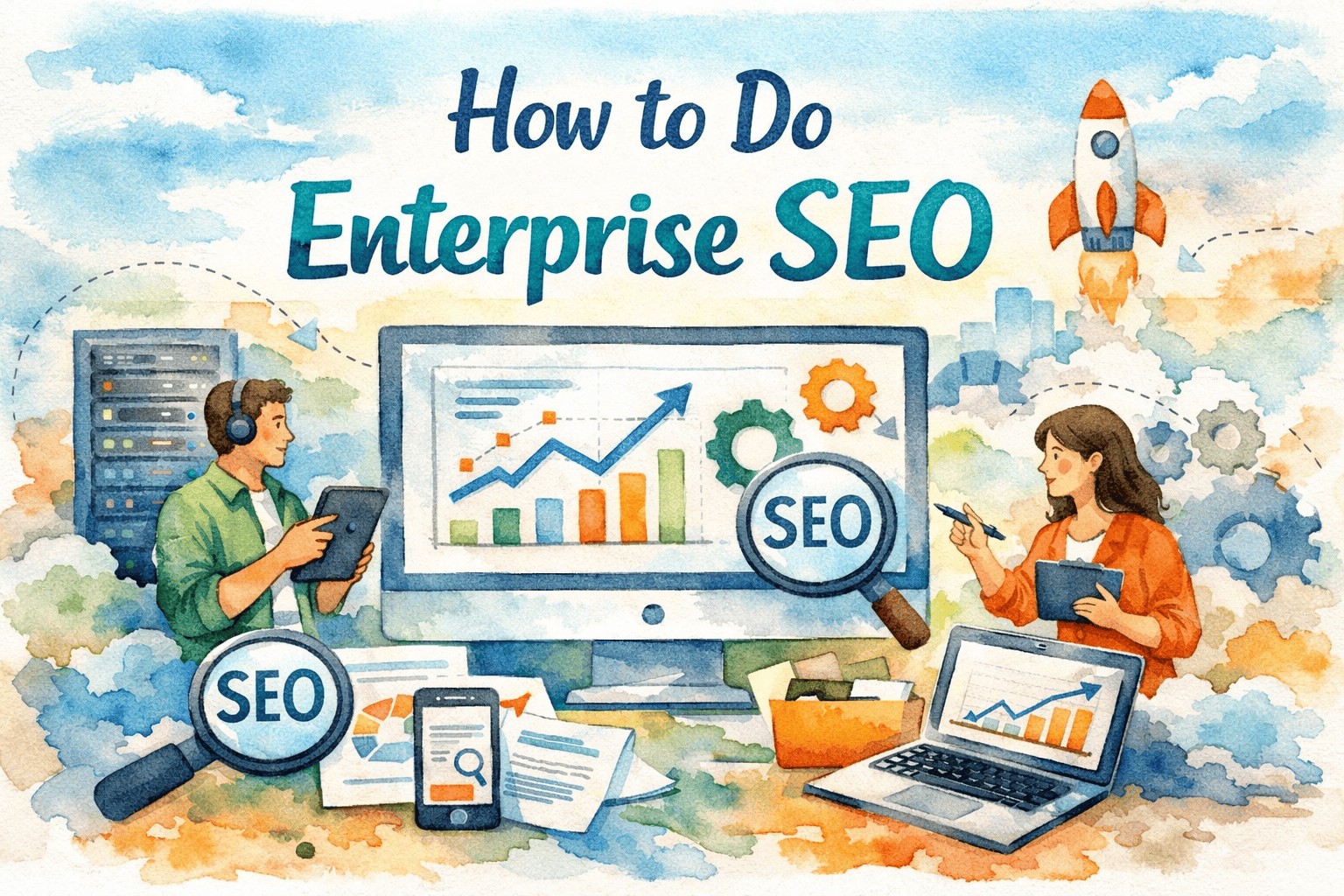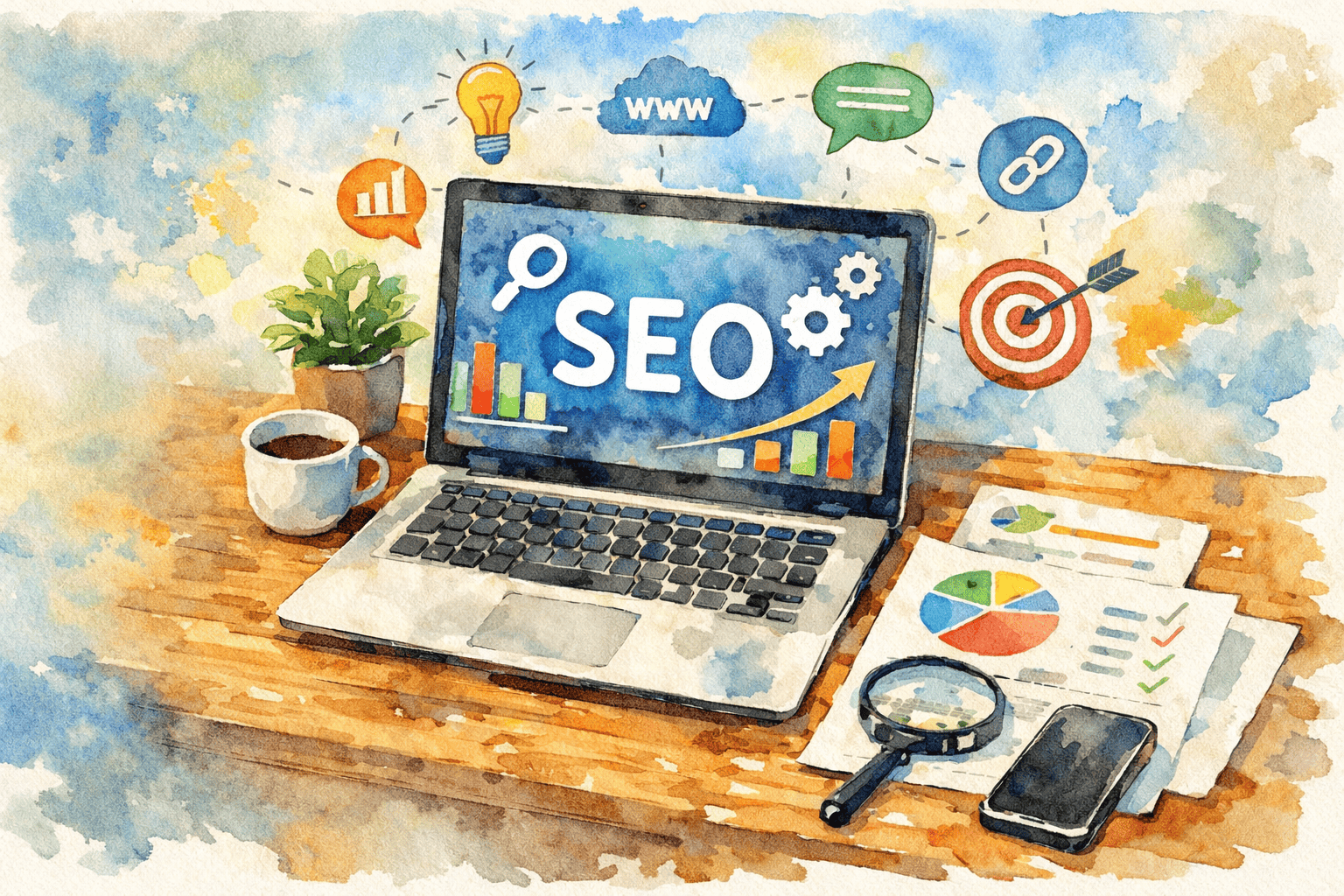AI Mode: What We Know for Now
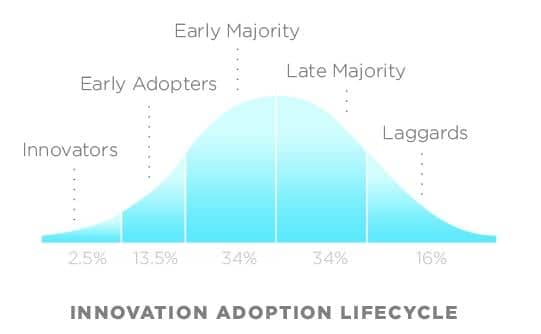
Before we dig into today’s newsletter, check out my webinar tomorrow and signup:
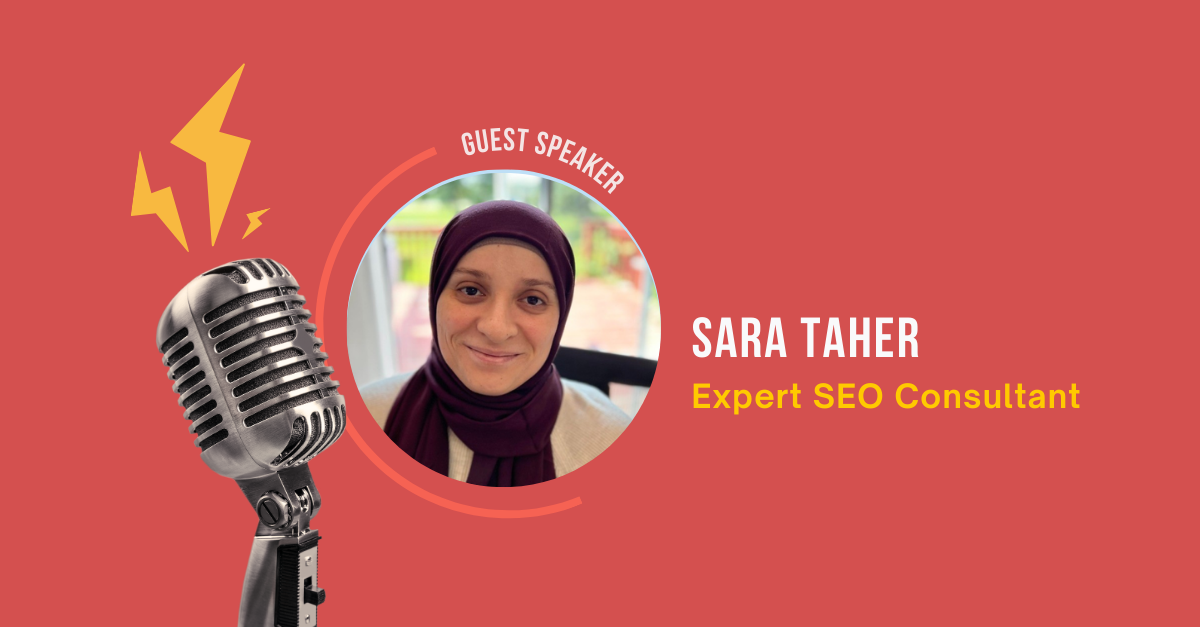
Google just announced that AI Mode is officially rolling out in 180+ countries (I’m trying to sound excited—I promise, I’m not 😄).
But here’s the real question: what does this mean for our traffic?
Logan Kilpatrick, lead product manager for all AI products at Google, said that AI Mode could become the default “soon.”
Maybe that’s just about making it easier to access? After all, Google did launch google.com/ai as a direct way to use it. So, maybe not the default just yet.
Though let’s not forget Sundar Pichai already said AI Mode would be built into main search. And Liz Reid, head of Search, has gone further: she called AI Mode the future of Google Search. [1]
The problem for SEOs isn’t the feature itself, it’s the uncertainty. Until Google gives us actual data on AI Overviews and AI Mode, we're feeling our way through the fog.
So... speaking of data, that’s exactly what I’m chatting about today. Since AI Mode has been live in the U.S. for a bit longer, maybe there's some learnings for us from that.
Read on!
TL;DR
- AI Mode current adoption rates aren’t a ceiling, they’re just a starting point.
- Early data shows that 50% of users bounced after using AI Mode once.
- AI Mode is not ready for both Google and publishers. Before Google fully roles it out as default, ad revenue model should be incorporated, and more clicks to publishers (right Google? right?)
- Optimizing for AI Search is not the same as SEO (SEO Bros please come for me 😄), want to know why and how? just scroll below!
It's just getting started
Data from Similarweb showed that over 50% of users tried AI Mode once and then bounced [2]. In another study, only 2% of users tried AI Mode (when unprompted to do so). So it seems that user adoption rates are low, right?
Not so quickly!
AI Mode is still a very new innovative feature, which means that naturally, the adoption rates are very low at the moment. In fact, according to the innovation adoption curve, the few percentage of the population that adopts AI Mode early on as their default, or commonly used search engine are expected to be 2.5%
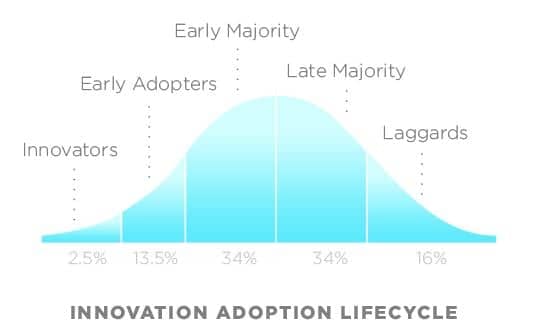
As time goes on, more and more people will join this trend (assuming people do find the feature useful). What I'm trying to say is, current adoption rates aren’t a ceiling, they’re just a starting point.
It's not ready yet
A very good point that was brought up recently when discussing AI Mode: Google is a for profit company, and therefore, do not expect AI Mode to become the default before Google is able to monetize it.
They're also testing changes to AI Mode to encourage more clicks to websites. Google did upset publishers enough times so far with HCU and AI Overviews, so hopefully they're trying not to break the internet, and do things a bit better this time?
Examples of changes to encourage more clicks [4]:
(1) Embedded link carousels in AI Mode not just on desktop responses but soon on the mobile interface.
(2) Inline links (links that are embedded directly within text.
(3) Web Guide to be tested in the All tab, not just the web tab.
So when AI Mode will be the default?... I'd say they still have few things to figure out before this happens (and I hope they figure it out right 😄) because right now a clickstream data sample, saw that, on average, 6-8% of AI Mode sessions led to someone visiting an external domain [5]. 😄😄😄
Another thing to note is the study be SERanking [6] that found:
"Volatility is high in AI Mode. Even the same query run multiple times on the same day often yields different sources. Only 9.2% of URLs matched across three tests."
So it seems to be still under testing, and this is not the version we expect to be the default search.
Optimizing for AI Mode is not just normal SEO
"tell me three things that are different between tradition SEO and optimizing for AI search"... I've seen that question so many times, which is used in and of itself as an argument that GEO is just good SEO (didn't google say that and google never lies? 😄)
The differences are real, but maybe not always obvious at first glance.
"Ok Sara, tell me"
It really depends on how you want to read this, if you're looking for a simple easy to process guide on some of the differences, I wrote this blog on the difference between SEO and GEO and also added a podcast on the same topic recently so check it out.
If you want a more in-depth scientistic way, I will refer your to this quote from Mike King [7]:
"SEOs spent the past twenty-five years preparing content to be parsed and presented based on how it ranks for a single query. Now, we’re engineering relevance to penetrate systems of reasoning across an array of queries."
Traditional SEO teams usually focus on technical audits (checking a website’s health), content creation, and link-building (getting other sites to link to yours).
But GEO (Generative Engine Optimization) teams need different skills. They test how AI responds, see what information AI pulls up, and make sure content matches how AI understands things.
Success in GEO isn’t just about getting indexed and ranked anymore, it’s about knowing how AI retrieves information and how user bias shapes results. [8]
If all that isn’t enough, SERanking [6] found that AI Mode and AI Overviews overlap in only 10.7% of URLs and 16% of domains. The overlap between AI Mode and traditional SERPs is also small, just 14% of URLs and 21.9% of domains.
So if the URLs AI Mode cites are different from those in AI Overviews or SERPs, how can we assume the same SEO practices that work in SERPs will automatically work in AI Mode?
And That’s a Wrap (Almost 😄)
So in summary, AI Mode is here to stay, it's too early to forecast how users will adapt to it, and we know for sure that AI Mode in it's current state is going to destroy for publishers. And to top it off, we don't have the data we need. Sounds good? 😄
Well....
But we also know that Google is saying they're testing things and Google never lies to us 😄 so let's wait and hope for the best (or anything better really)!
Finally, there will come a moment when GEO will be an undebatable thing and some people will be known for seeing it from the get-go and others will be the nay-sayers... you don't have to agree, but at least keep an open mind.
That's that for today folks and see you next newsletter!
Sources
[1] Google AI Mode To Become Default For Google Search Soon (Maybe Not...)
[3] What Happens When Real People Try AI Mode?
[4] Google: We're Testing Changes To AI Mode To Encourage Clicks
[5] Google AI Mode’s Early Adoption and SEO Impact
[6] AI Mode research: Volatility, source patterns, and differences from AIO and organic results
The SEO Riddler Newsletter
Join the newsletter to receive the latest updates in your inbox.


